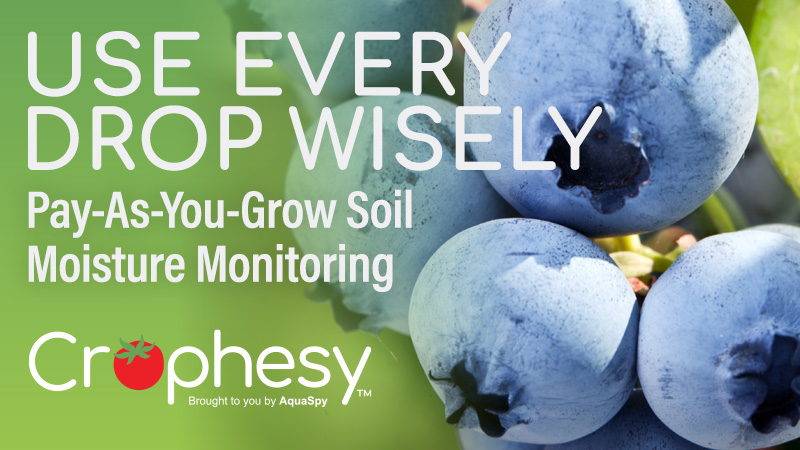What Does (and Doesn’t) Affect Soil Health
Over the next few years, you will see a lot of new research on soil health.
Since it’s a largely unexplored area of agriculture, you will see a lot of foundational studies, including these two.
How Much Impact Do Crops Have on Soil Health?
The types of crops grown has a big impact on its soil, according to a study from Cornell University. Its research team collected 1,750 soil samples from across New York State. By cataloging the basic soil texture (coarse, loam, silt loam, and fine) and which crops are in rotation where the sample was taken, the team was able to shed light on how these factors impact soil.
The team collected samples from five different “cropping systems”:
- Processing vegetables
- Mixed vegetables
- Annual grain
- Dairy crop
- Pasture
They then noted how the samples measured on several health indicators:
- Soil organic matter (SOM)
- Permanganate-oxidizable carbon (POXC)
- Soil respiration (Resp)
- Soil protein (Protein)
- Available water capacity (AWC)
- Wet aggregate stability (WAS)
- Surface and subsurface penetration resistance
- Seven other soil chemical properties
What did they find? In general, both cropping systems and soil texture affect overall soil health. But with this much complex data to draw from, the research team did see several intriguing results.
Soil texture had a bigger impact on AWC than the cropping system (a 37.4% variance).
Cropping systems impacts soil respiration, soil protein, and WAS more than soil texture (11.7%, 14.7%, and 22.1% variance respectively).
Texture and crops equally affect POXC.
“Pasture and mixed vegetable systems tended to have the highest biological and physical soil health, followed by dairy crop systems,” the team wrote in its abstract. “Annual grain and processing vegetable cropping systems tended to have the lowest soil health.”
The effects of cropping systems are presumably linked to differences in the carbon and nutrient balances and the amount of soil disturbance through tillage, they said.
Study name: Cropping System and Soil Texture Shape Soil Health Outcomes and Scoring Functions, September 2021
Authors: Joseph P. Amsili, Harold M. van Es, and Robert R. Schindelbeck
Base Cation Saturation Ratio Theory May Not Work
A six-year study from The Ohio State University researchers may undermine a theory that if you achieve an ideal ratio of base cations in organic production it will maximize yields. The philosophy, called BCSR for short, is widely practiced on organic farms.
“Studies evaluating the efficacy of BCSR on soil biological and physical properties are lacking,” the research team notes in its abstract.
The field study evaluated the effects of changing soil calcium/magnesium ratios (Ca/Mg) on organic corn and soybean yields and comprehensive soil health properties at two sites in Ohio with contrasting soils.
The team applied three soil amendments — control, gypsum (calcium sulfate), and epsom (magnesium sulfate) — to drive soil calcium and magnesium levels in opposite directions.
The results? First, the amendment applications did their job. The team recorded soil Ca/Mg ratios 1.6 and 2.5 times higher in gypsum soils relative to epsom soils.
But when it came to practical results of improved soil biology or increased yields, the results were less impressive.
The team assessed soil biological health by measuring permanganate oxidizable carbon, mineralizable carbon, and soil protein. They found neither gypsum nor epsom applications made an impact.
The team also measured soil physical quality through aggregate stability, infiltration, and penetration resistance. Like the soil’s biological health, the researchers found no significant impact from gypsum or epsom additions at either farm.
Finally, the application did not affect crop yields. The team was unable to find a significant relationship between crop yields and the range of soil Ca/Mg ratios.
“Results from this study do not provide any evidence that BCSR improves soil health and organic field crop productivity,” the team wrote.
Study name: Base Cation Saturation Ratios, Soil Health, and Yield in Organic Field Crops, June 2021
Authors: Vijayasatya N. Chaganti, Steven W. Culman, Catherine Herms, Christine D. Sprunger, Caroline Brock,Andrea Leiva Soto, and Douglas Doohan










